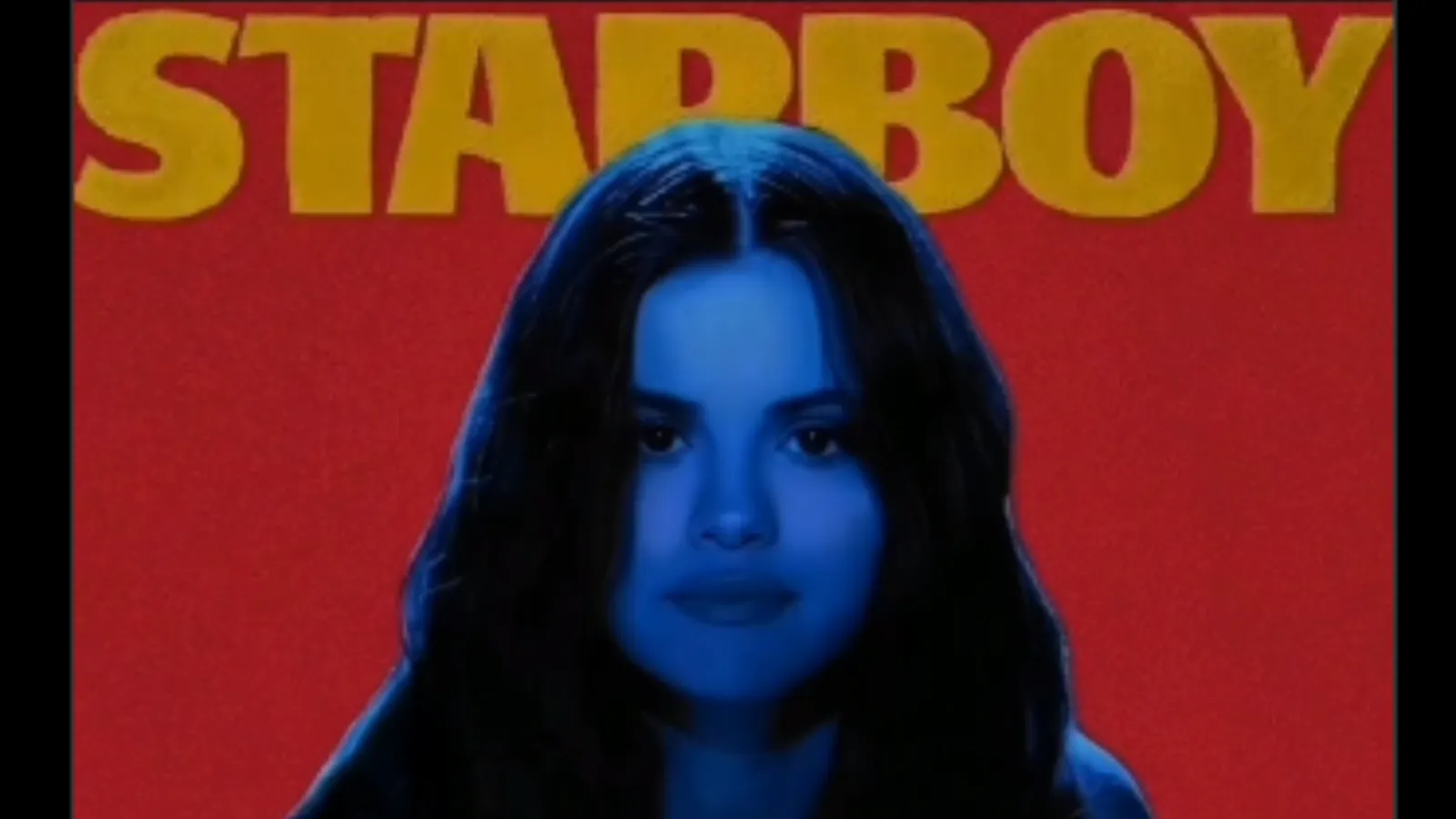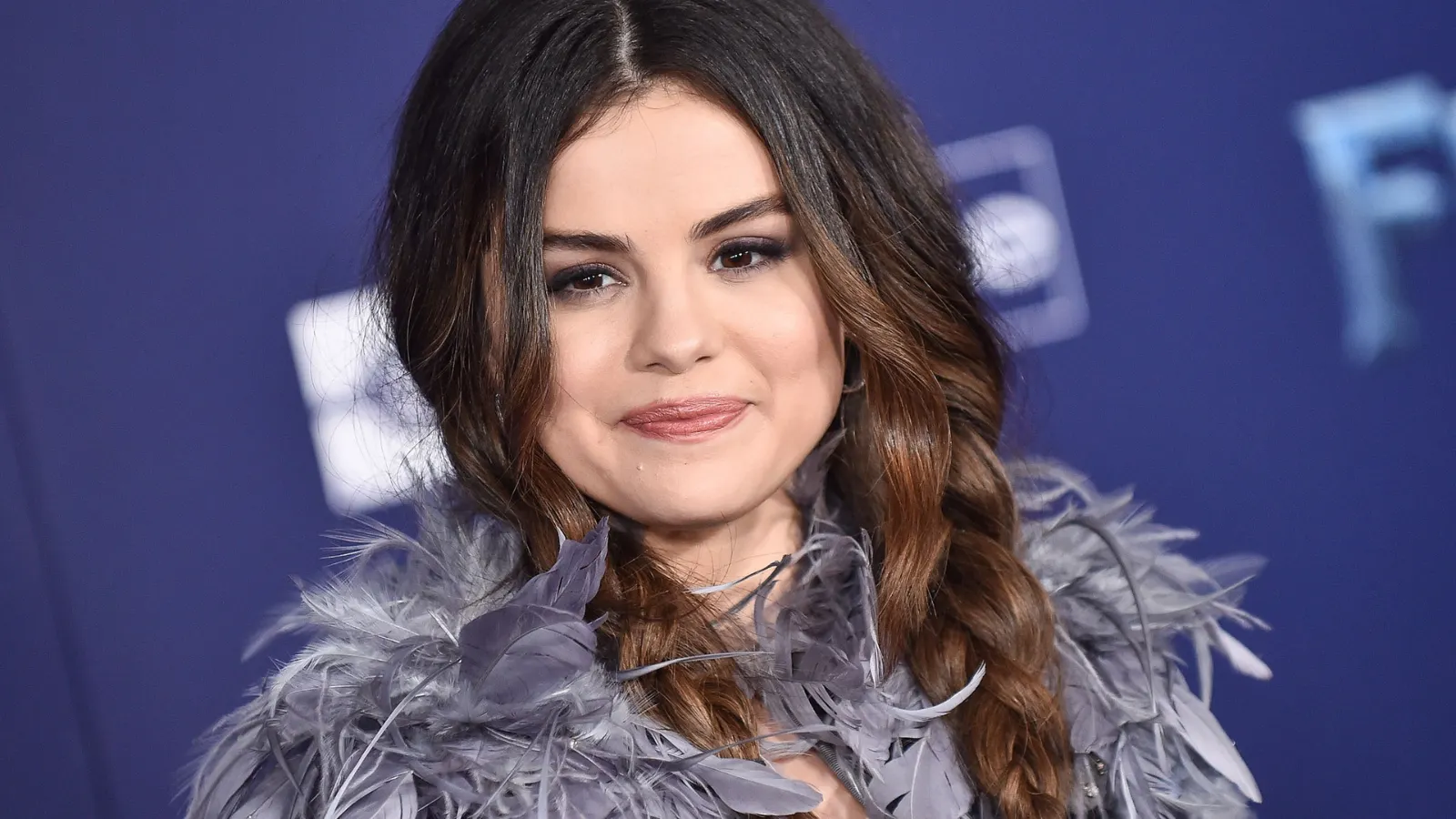Singer Selena Gomez is the latest artist to get the artificial intelligence treatment after an AI-generated recording of the singer was uploaded to Instagram, and the clip of a cloned voice replica of Gomez singing The Weeknd’s “Starboy” garnered renewed interest when the singer responded to it.
The ai-generated “Starboy” remix was uploaded by FunnyLyics in June. “Scary,” Gomez replied to the post on Instagram.
Abel Tesfaye, better known as The Weeknd, released Starboy in November 2016.

Representatives for Selena Gomez have not responded to Decrypt’s request for comment. But FunnyLyric, the user who made posted the doctored track, shared some thoughts with Decrypt.
"I made this post because I was a long-time fan of both The Weeknd and Selena Gomez," they said. "A lot of fan pages had done it before me, and because it sounded crazy and beautiful, I wanted to share it myself and ask my followers a question about how they found it. My goal was to have a simple dialogue with my followers, to be honest, I would never have guessed that Selana would see that and comment. It was an incredible moment for me because I love her."
Thanks to advances in generative AI, creatives have used the technology to create mashups and collaborations using the work of artists who have never done so. In April, an AI-generated “collaboration” between Drake and The Weeknd called “Heart On My Sleeve”—created with AI by TikTok creator Ghostwriter977—went viral after uploading the song to social media. The song was so popular that fans continued to re-upload the song even after Universal Music Group (UMG) demanded the song be taken down from major music platforms, citing copyright infringement.
As more and more developers launch tools to leverage the technology, generative AI has been a hot-button issue and one of the main points of the ongoing WGA and SAG-AFTRA strikes.
However, not everyone sees the technology as scary or a tool for copyright infringement. Music icon Sir Paul McCartney said the “final” Beatles song to be released this year would be created using artificial intelligence.
"[Jackson] was able to extricate John's voice from a ropey little bit of cassette. We had John's voice and a piano [on tape], and he could separate them with AI,” McCartney told Radio 4's Martha Kearney in June. "Then we can mix the record, as you would normally do. We just finished it up, and it'll be released this year.”
Perhaps no artist has embraced AI more than Canadian electronic pop artist Claire Boucher, better known as Grimes, who launched an A.I. tool called Elf.Tech in May. Elf.Tech lets users make recordings of their voice and uses the technology to transform it into Grimes’ voice.
“I’m very into accelerating human potential alongside AI,” Grimes told Wired earlier this month.
Another artist who has gone big into artificial intelligence is Black Eyed Peas member William Adams, better known as Will.i.am, who was featured in the YouTube Originals documentary series “The Age of AI.”
“I first became interested in AI because AI is a very fruitful place to create in,” Will.i.am said in the documentary. “It’s a new tool for us. I dream and make my dreams a reality, whether the dream is a song or the dream is an avatar of myself.”
One artist who does not share Will.i.am and Grimes' enthusiasm for A.I. is rock musician and composer Nick Cave, who, in a blog post earlier this month, called the technology "the commodification of the human spirit."
Editor's Note: This post was updated to add a comment from FunnyLyric.

